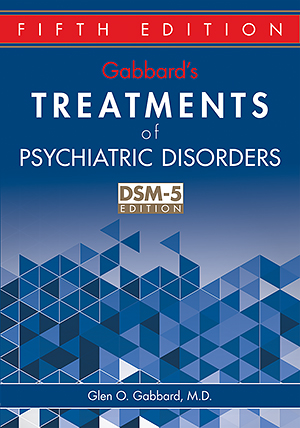Sections
Excerpt
During the past three decades a growing clinical and research literature on family issues related to substance abuse has pointed to the important role of family factors in the onset and clinical course of these conditions (O’Farrell and Fals-Stewart 2003; Rowe and Liddle 2003; Velleman et al. 2005). Considerable interest has been generated not only in investigating family aspects of substance abuse but also in applying family therapy techniques to its treatment. Four decades ago alcoholism clinicians by and large ignored families. The current picture is dramatically different. One is now hard-pressed to find a substance abuse treatment program that does not at least give lip service to the importance of including family members in the treatment plan.
Access content
To read the fulltext, please use one of the options below to sign in or purchase access.- Personal login
- Institutional Login
- Sign in via OpenAthens
- Register for access
-
Please login/register if you wish to pair your device and check access availability.
Not a subscriber?
PsychiatryOnline subscription options offer access to the DSM-5 library, books, journals, CME, and patient resources. This all-in-one virtual library provides psychiatrists and mental health professionals with key resources for diagnosis, treatment, research, and professional development.
Need more help? PsychiatryOnline Customer Service may be reached by emailing [email protected] or by calling 800-368-5777 (in the U.S.) or 703-907-7322 (outside the U.S.).



